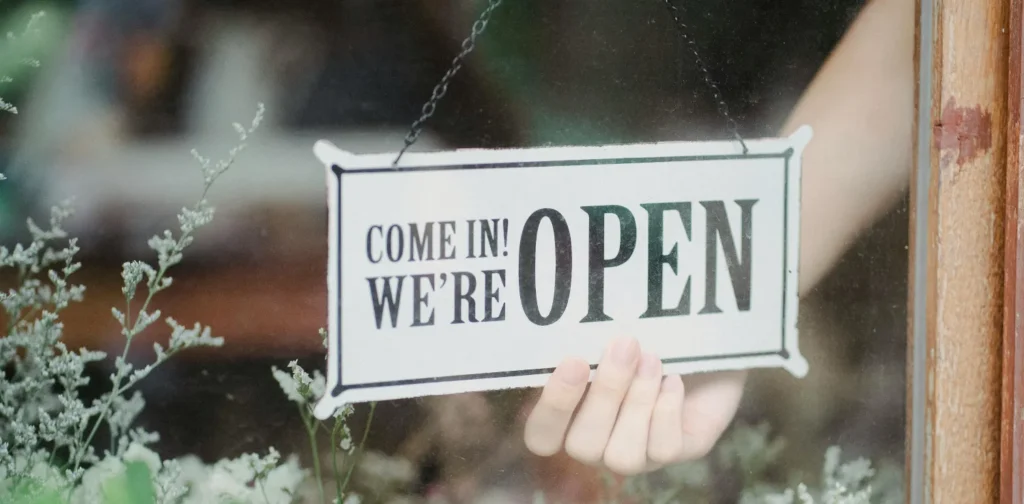How Supporting Women’s Entrepreneurship Drives Economic Growth and Better Society for All

Photo: Amina Filkins on Pexels.
Women are drivers of the economy. Yet, women’s labor participation remains far below men’s, further perpetuating the gender gap, poverty, and other forms of inequality. In this context, supporting women’s entrepreneurship can strengthen the path toward gender equality, stronger economic growth, and a better society for all.
Low Participation, Huge Opportunities
A vast disparity remains between male and female labor force participation. Data from the International Labour Organization shows that women’s labor participation is below 47%, while men’s is 72%. In some regions, the gap can even reach over 50 percentage points.
Encouraging women’s role in entrepreneurship is essential to addressing this issue. A 2023/24 Women’s Entrepreneurship Report by the Global Entrepreneurship Monitor finds that startup activities for women reached an average of 10.4% in 2021-2023 among 30 countries participating in the report. This shows a 76% increase compared to 6.1% in 2001-2005.
Furthermore, the report reveals that entrepreneurial activities are higher among women in low-income countries. While a lack of job opportunities is a vital factor, persisting cultural barriers that limit women’s chances to thrive in conservatively male job sectors also contribute to this reality. Another factor is that starting a business also grants women more autonomy and flexibility in balancing work and care work.
Overall, entrepreneurship opens more opportunities for women to achieve financial independence, encourages leadership, creates jobs, and challenges inequitable gender norms that hinder progress toward social justice.
Systemic and Rooted Challenges
Despite the growth, women continue to struggle to start, grow, and maintain their businesses. An observation by the World Bank shows that women often lack the critical combination of education, vocational and technical skills, and work experience to develop their businesses compared to men. This may be due to inequality of opportunity as well as other personal, cultural, and structural factors.
Access to finance is also cited as one of the primary obstacles to business growth. In 2021, the World Bank’s report stated that around 740 million women had no bank account, preventing them from safely engaging in transactions or taking out loans. As a result, they often rely on their savings and micro-loans to finance their businesses, which are not sustainable in the long run.
On a broader scale, policy initiatives surrounding women’s entrepreneurship remain fragile and have yet to strategically address the urgent issues mentioned above. The OECD describes the policies as often “time-limited, small-scale, sparse, symptom-oriented,” which can lead to inadequate implementations and ineffective results.
Supporting Women’s Entrepreneurship
The world continues to make progress in supporting and empowering women. However, as the state of our world grows more complex, it becomes increasingly important to ensure that women can get equal access and opportunities to create a good life for themselves and their communities. Supporting women’s entrepreneurship, along with their roles in other aspects like politics and research, is imperative.
To support this, governments must strengthen policy frameworks on women’s entrepreneurship and expand their coverage to respond to diverse needs and conditions. Meanwhile, financial service institutions can provide support by developing alternatives for loan mechanisms and other financial instruments with less rigorous requirements to expand financial access for women. Conducting capacity building, startup incubation programs, digital upskilling programs, as well as raising awareness on financial literacy are also no less important.
Editor: Nazalea Kusuma


 Indian Gig Workers Push Back Against 10-Minute Delivery Service Strain
Indian Gig Workers Push Back Against 10-Minute Delivery Service Strain  Call for Governance: Grassroots Initiatives Look to Scale Efforts to Conserve Depleting Groundwater
Call for Governance: Grassroots Initiatives Look to Scale Efforts to Conserve Depleting Groundwater  Integrating Environment, Climate Change, and Sustainability Issues into Education Systems
Integrating Environment, Climate Change, and Sustainability Issues into Education Systems  Finally Enforced: Understanding the UN High Seas Treaty
Finally Enforced: Understanding the UN High Seas Treaty  Risks and Opportunities of Submarine Communication Cables for Sustainable Development
Risks and Opportunities of Submarine Communication Cables for Sustainable Development  Rising Attacks and Violence Against Land and Environmental Defenders
Rising Attacks and Violence Against Land and Environmental Defenders